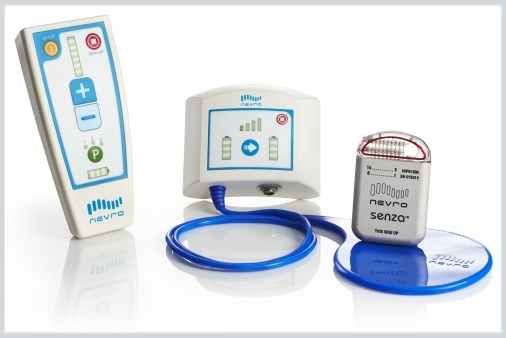The Support and Treatment After Replacement (STAR) care pathway has demonstrated efficacy and cost-effectiveness in improving pain outcomes among individuals with chronic pain following total knee replacement (TKR) surgery, according to study results published in Lancet Rheumatology.
Researchers aimed to study the effectiveness of a care pathway for individuals with chronic pain after TKR surgery.
A parallel-group, unmasked, pragmatic, superiority randomized controlled trial (ISRCTN Identifier: ISRCTN92545361) was conducted, in which participants were randomly assigned to receive standard care alone or STAR care plus standard care between September 2016 and May 2019.
All participants had chronic pain 3 months after TKR surgery. The STAR intervention was intended to determine underlying causes of chronic pain for targeted pain treatment using postsurgical assessments at 3 months (with an extended scope practitioner) and 12 months (via telephone follow-up).
Self-reported pain interference in the replaced knee and pain severity were the primary outcomes that were evaluated using the Brief Pain Inventory (BPI) scales for pain severity and interference. Electronic hospital records were used to collect information on outpatient visits and inpatient stays for cost-effectiveness analysis, with cost-effectiveness defined as greater improvement with lower cost.
A total of 353 participants (n=242 receiving STAR care plus standard care and n=121 receiving standard care alone) were included in the analysis. The median age of participants was 67 years (interquartile range, 61-73 years); 60% (n=217) were women; and 92% (n=335) were White.
Follow-up data were available for 86% (n=313; standard care, n=100; intervention plus standard care, n=213) of participants.
The intervention group showed greater improvement in pain and interference, with a 12-month mean difference in BPI severity score between groups of -0.65 (95% CI, -1.17 to -0.13; P =.014) and a mean difference in BPI interference score of -0.68 (95% CI, -1.29 to -0.08; P =.026).
Compared with standard care, the STAR care pathway was also found to be cost-effective, with an incremental fiscal benefit at £20,000 per quality-adjusted life-year threshold of £1256 (95% CI, £164-£2348); this correlated with a 98.79% likelihood of cost-effectiveness.
One participant in the intervention group reported distress.
Study limitations included the potential of having missing data from individuals with pain in the screening process, the inability to mask participants to treatment type, and missing questionnaire data.
The study researchers concluded that “the STAR care pathway is a clinically effective and cost-effective intervention for reducing pain severity and interference for people with pain at 3 months after total knee replacement.” They also noted, “The potential impact of this intervention on patient care is substantial…Implementation of the STAR intervention into routine healthcare service provision would provide patients with access to a safe, acceptable, and cost-effective treatment to improve pain outcomes.”
Reference
Wylde V, Bertram W, Sanderson E, et al. The STAR care pathway for patients with pain at 3 months after total knee replacement: a multicentre, pragmatic, randomised, controlled trial. Lancet Rheum. Published online January 27, 2022. doi:10.1016/S2665-9913(21)00371-4





